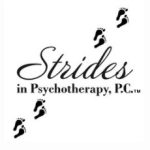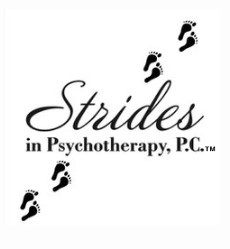Anxiety
How much fear is too much?
If anxiety is keeping you from pursuing your passions or fulfilling your obligations, then you may have an anxiety disorder. Anxiety can appear in many ways. We can be afraid of a specific situation, such as fear of heights, fear of spiders, or fear of public speaking. We can also feel anxiety in a frequent and more generalized way–without any obvious triggers. When feeling anxious, we can sometimes also have panic attacks. A panic attack is an intense experience of fear, with or without a clear precipitant, which can make you feel like you are having a heart attack or dying. Common symptoms are sweating, heart palpitations, trembling, numbness, dizziness, nausea, desire to escape and fears of going crazy. It usually peaks within 10-20 minutes and can leave you feeling exhausted. Left untreated, panic attacks sometimes result in agoraphobia, which is a fear of being in places and situations where there is no escape, such as on a bridge or in a plane. People with agoraphobia can become afraid of their own fear and especially want to avoid experiencing it publicly, resulting in struggles to leave the house and avoidance of crowded places.
Obsessive Compulsive Disorder (OCD)
People diagnosed with OCD struggle with obsessions, compulsions, or both. Obsessions are ideas, plans, impulses, or images created by our minds but which are experienced as intrusive and bothersome, and often seem disconnected from how we usually perceive ourselves. The more we try to stop thinking these thoughts, the more they intrude. Obsessions can also be thoughts about real-life problems for which we constantly “prepare”. Compulsions are behaviors done over and over to prevent something “bad” from happening, such as illness, death, criticism, or loss. Compulsions include counting, tapping, opening/closing, checking, washing, or repeating words/phrases/prayers. These acts often provide short-term relief, but can prevent people from leaving the house on time or paying attention to real pressing problems, and can also adversely impact sleep.
Anxiety disorders typically respond well to mental health treatment, which will alleviate the symptoms and allow you to live a richer, more enjoyable life.

